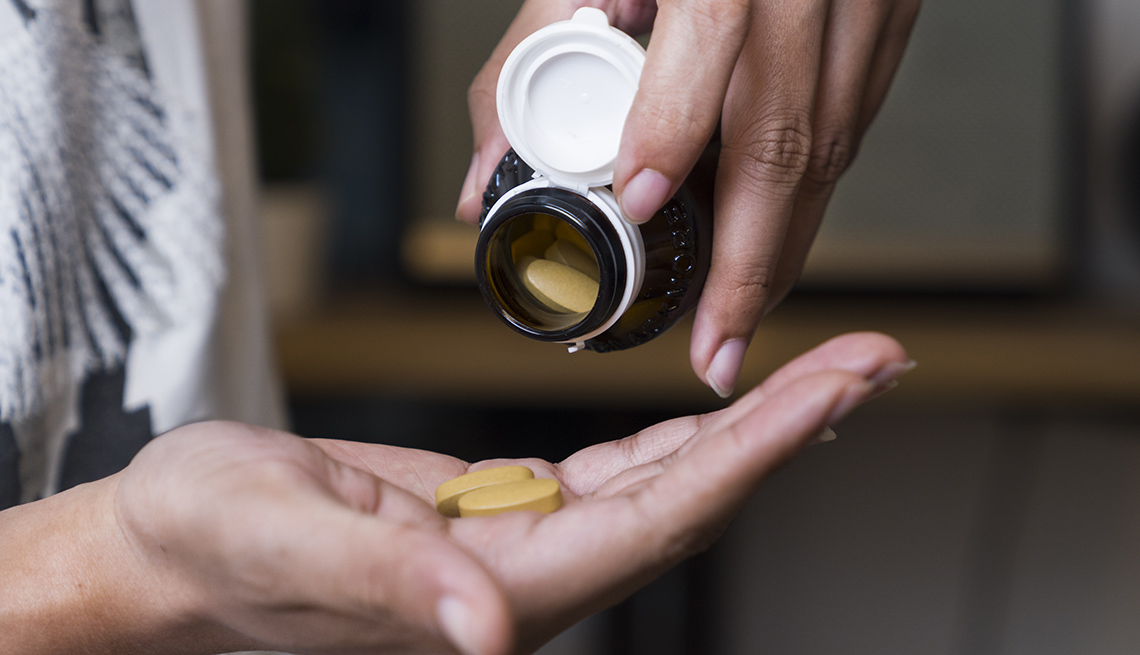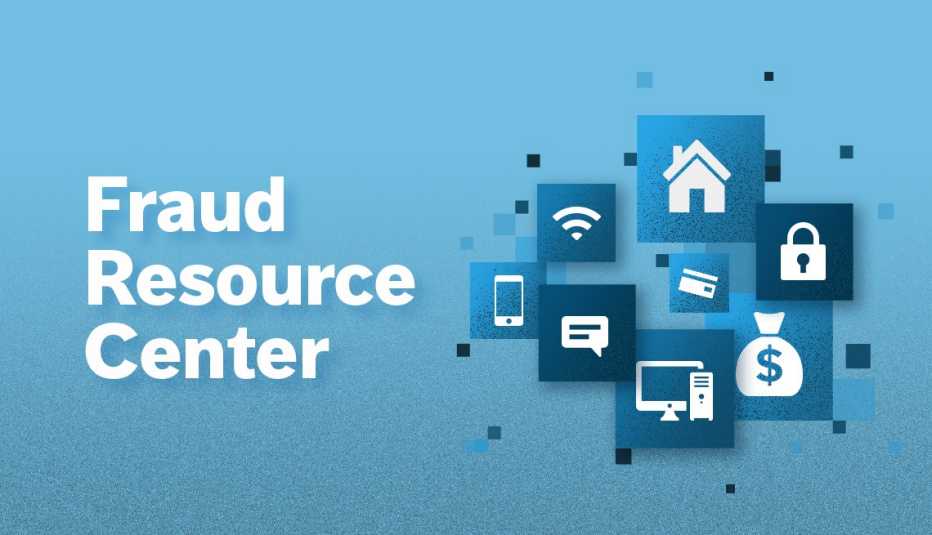Staying Fit
Two women in their 80s just lost more than $200 each in keto diet pill scams. These cases see fraudsters promise pills that supposedly will help dieters shed pounds faster than just adhering to a keto diet's high-fat, low-carbohydrate regimen. Keto is a popular — and controversial — weight-loss craze.
Since March, AARP's Fraud Watch Network Helpline has logged more than 25 reports of keto pill scams, an uptick from previous months, says AARP's Amy Nofziger, who oversees the free helpline, 1-877-908-3360. She says the helpline has heard from victims who lost more than $1,000 in diet pill scams generally.


AARP Membership— $12 for your first year when you sign up for Automatic Renewal
Get instant access to members-only products and hundreds of discounts, a free second membership, and a subscription to AARP the Magazine.
The two octogenarians who lost cash, not pounds, tell cautionary tales as many people are struggling to lose “pandemic pounds” put on while self-isolating and avoiding the gym. The women shared their ordeals amid long-standing warnings from federal officials that weight-loss scams are common and put consumers at risk of losing more than cash, since dietary supplements can jeopardize one's health.
Pop-up ad spells trouble
Marjorie, 83, who lives near Tulsa, Oklahoma, says her story began with a pop-up ad on her smartphone. The ad for Ultra Pure 360 claimed the pills would help her quickly lose more weight than a keto diet alone. The ad touted a 30-day supply of keto pills for the cost of shipping, $6.95, saying the pills would be free if the order was cancelled within 30 days.
At first she noticed her debit card was used twice to pay the $6.95 shipping, for a total of $13.90. Then the pills arrived along with a so-called “cleanse” that she did not order; she was charged $189.90 for the products, bringing her total costs to $203.80. “I was knocked off my feet when I found out how expensive it was,” says Marjorie, a pensioner who earlier worked in employee training for the federal government.
About two weeks after she placed the order, she called a phone number on her invoice to cancel the purchase. No luck. “I was told I would have to try the product for the full 30 days,” Marjorie remembers.
Similar voice, two names
At the one-month mark, she called back and spoke to a man who gave his name as “Sam.” He offered her a 50 percent discount for the pills, but she insisted on getting all her money back. Sam refused to transfer her to his supervisor, so she hung up and called back.





































































